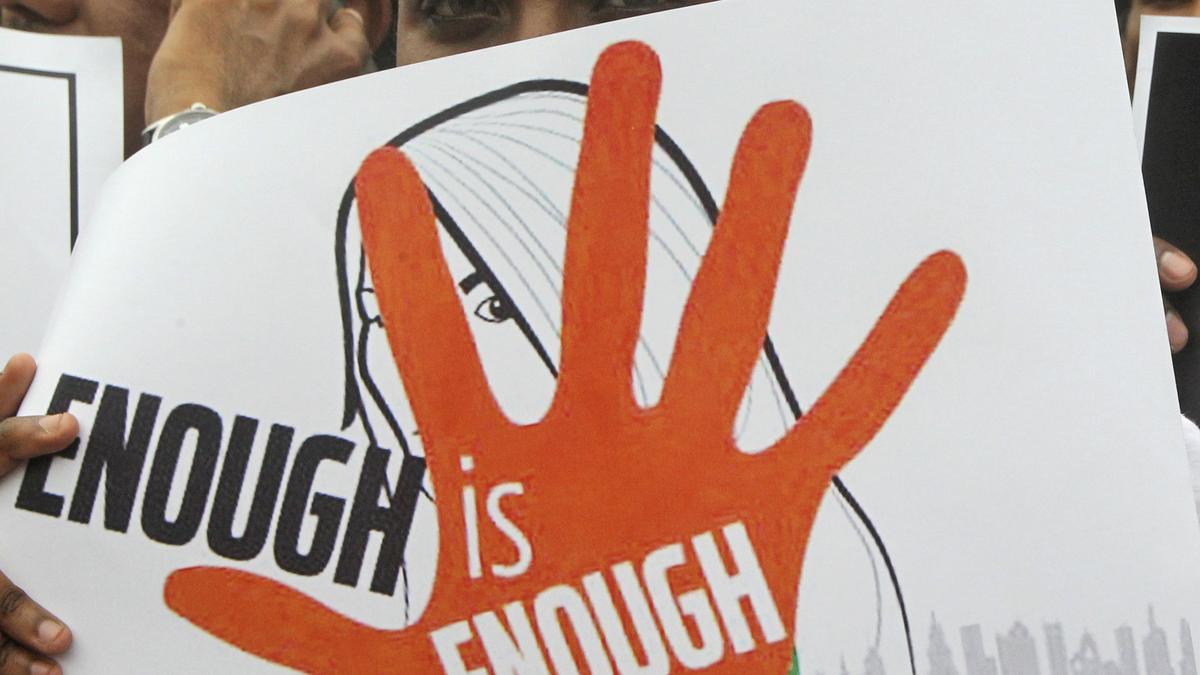Fast-track special courts (FTSCs)

- 19 Sep 2024
In News:
Fast-track special courts (FTSCs) are much more efficient than other courts in handling rape cases and those related to the Protection of Children from Sexual Offences (POCSO) Act, a report released by the India Child Protection.
Key Details:
West Bengal's Performance
- West Bengal recorded less than a 2% disposal rate for rape and POCSO cases, the lowest in India.
- Only five out of 123 earmarked FTSCs are currently functioning in the state.
Overview of the India Child Protection (ICP)
- Established in 2005, the ICP is dedicated to combatting child sexual abuse and related crimes, including:
- Child trafficking
- Exploitation of children in the digital space
- Child marriage
Efficiency of FTSCs
- The ICP report titled "Fast Tracking Justice" highlighted that FTSCs disposed of 83% of cases in 2022, compared to 10% by conventional courts.
- As of August 2023, 755 out of 1,023 earmarked FTSCs were operational.
- Among these, 410 FTSCs are exclusively for POCSO cases.
Historical Context
- The FTSC scheme was launched by the Centre in October 2019, following a Supreme Court directive for ensuring the swift disposal of cases, related to rape and those coming under the Protection of Children from Sexual Offences (POCSO) Act.
- It is a centrally sponsored scheme.
- Implemented by the Department of Justice, Ministry of Law and Justice.
Case Disposal Statistics
- FTSCs have disposed of 52% of the 4,16,638 rape and POCSO cases since the scheme's inception.
- Disposal rates improved from 83% in 2022 to 94% in 2023.
State-wise Disposal Rates
- Top Performing States:
- Maharashtra: 79.5%
- Punjab: 71.3%
- Kerala (Southern India): 69.5%
- Karnataka: 62.2%
- Tamil Nadu: 58.4%
- Lowest Performing States:
- West Bengal: 1.6%
- Jammu and Kashmir: 25%
- Meghalaya: 26.6%
- Delhi: 28.3%
Note: No data was available for Arunachal Pradesh, Ladakh, and Sikkim.
Need for Additional FTSCs
- The ICP report states that India needs at least 1,000 more FTSCs to manage the backlog effectively.
- The backlog of pending cases rose from 2,81,049 in 2020 to 4,17,673 by the end of 2022.
Advocacy for Reform
- Bhuwan Ribhu, a child rights activist, emphasized the urgent need for FTSCs to ensure justice for victims:
- Investment in the safety and security of women and children is crucial.
- All pending cases should be resolved within the next three years.
- Rehabilitation and compensation for victims should be prioritized.
- Time-bound policies for case disposal across all courts are necessary.
Funding and Resource Utilization
- The ICP report recommends optimizing the Nirbhaya Fund, created after the 2012 Delhi gang rape, to support additional FTSCs.
- There is currently ?1,700 crore unutilized, while the requirement for operationalizing new FTSCs is ?1,302 crore.
